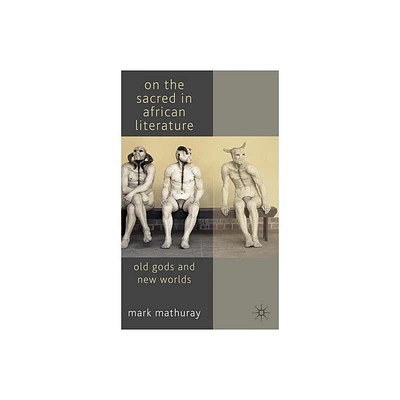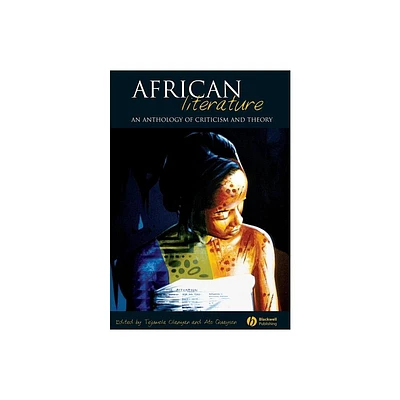Home
Death and Compassion: The Elephant Southern African Literature
Loading Inventory...
Barnes and Noble
Death and Compassion: The Elephant Southern African Literature
Current price: $30.00


Barnes and Noble
Death and Compassion: The Elephant Southern African Literature
Current price: $30.00
Loading Inventory...
Size: Paperback
*Product Information may vary - to confirm product availability, pricing, and additional information please contact Barnes and Noble
Traces the literary history of the elephant, and its role in South Africa's cultural imaginary
Elephants are in dire straits – again. They were virtually extirpated from much of Africa by European hunters in the eighteenth and nineteenth centuries, but their numbers resurged for a while in the heyday of late-colonial conservation efforts in the twentieth. Now, according to one estimate, an elephant is being killed every 15 minutes. This is at the same time that the reasons for being especially compassionate and protective towards elephants are now so well-known that they have become almost a cliché: their high intelligence, rich emotional lives including a capacity for mourning, caring matriarchal societal structures, that strangely charismatic grace. Saving elephants is one of the iconic conservation struggles of our time.
As a society we must aspire to understand how and why people develop compassion – or fail to do so – and what stories we tell ourselves about animals that reveal the relationship between ourselves and animals. This book is the first study to probe the primary features, and possible effects, of some major literary genres as they pertain to elephants south of the Zambezi over three centuries: indigenous forms, early European travelogues, hunting accounts, novels, game ranger memoirs, scientists’ accounts, and poems. It examines what these literatures imply about the various and diverse attitudes towards elephants, about who shows compassion towards them, in what ways and why. It is the story of a developing contestation between death and compassion, between those who kill and those who love and protect.
Elephants are in dire straits – again. They were virtually extirpated from much of Africa by European hunters in the eighteenth and nineteenth centuries, but their numbers resurged for a while in the heyday of late-colonial conservation efforts in the twentieth. Now, according to one estimate, an elephant is being killed every 15 minutes. This is at the same time that the reasons for being especially compassionate and protective towards elephants are now so well-known that they have become almost a cliché: their high intelligence, rich emotional lives including a capacity for mourning, caring matriarchal societal structures, that strangely charismatic grace. Saving elephants is one of the iconic conservation struggles of our time.
As a society we must aspire to understand how and why people develop compassion – or fail to do so – and what stories we tell ourselves about animals that reveal the relationship between ourselves and animals. This book is the first study to probe the primary features, and possible effects, of some major literary genres as they pertain to elephants south of the Zambezi over three centuries: indigenous forms, early European travelogues, hunting accounts, novels, game ranger memoirs, scientists’ accounts, and poems. It examines what these literatures imply about the various and diverse attitudes towards elephants, about who shows compassion towards them, in what ways and why. It is the story of a developing contestation between death and compassion, between those who kill and those who love and protect.


















